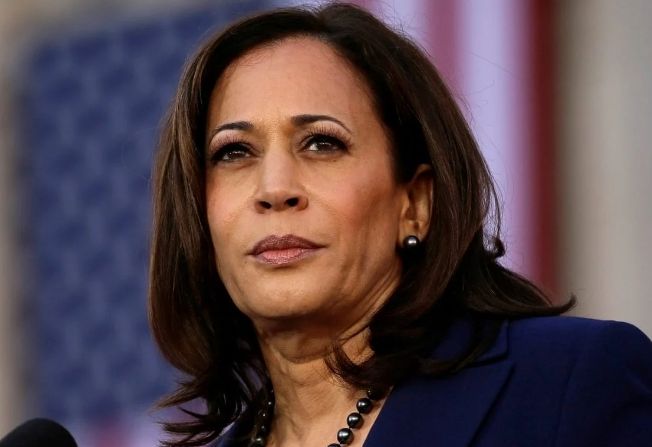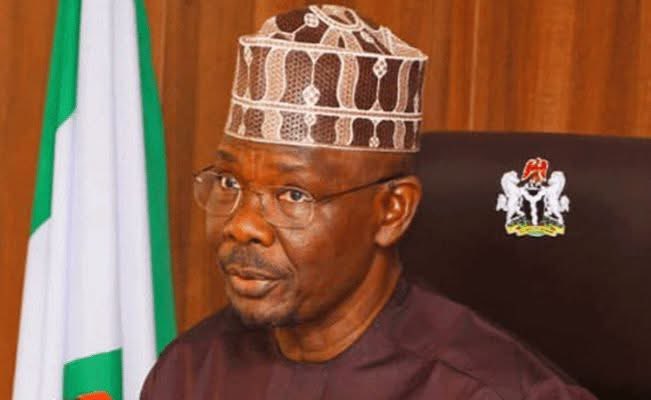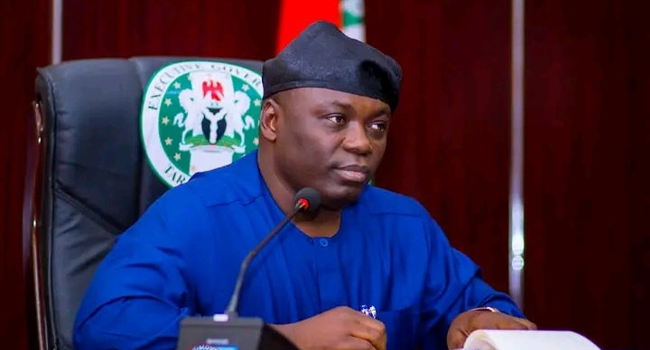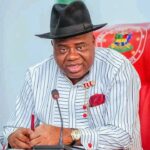FG, Sun King Seal Deal To Boost Local Solar Manufacturing, Save $150m In Imports
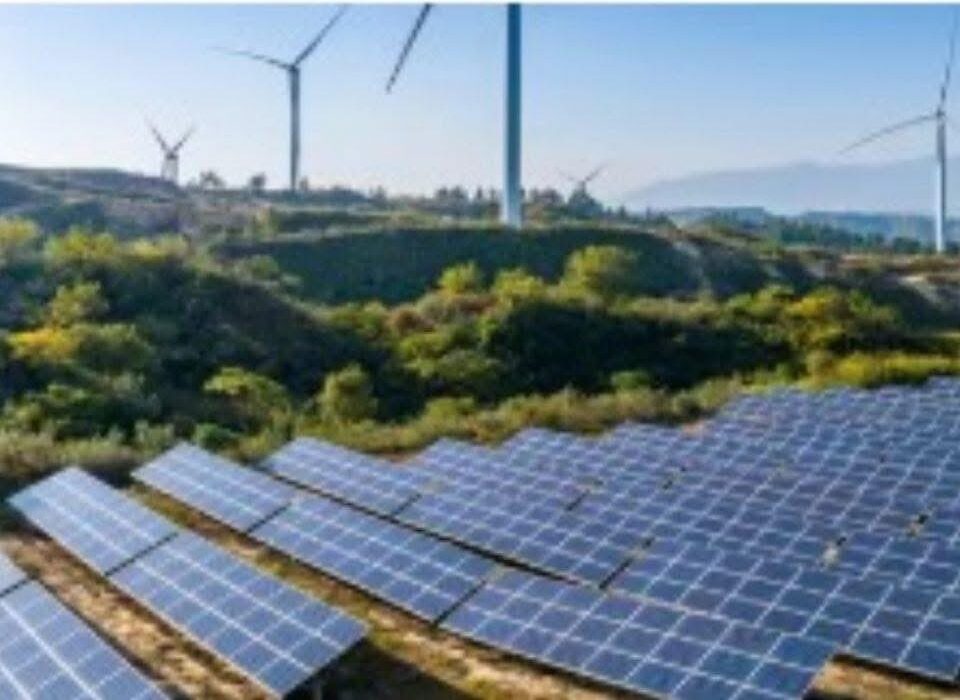
The Federal Government has entered into a landmark agreement with global off-grid solar leader, Sun King, to advance local solar manufacturing, expand renewable energy access, and save Nigeria an estimated $150 million in solar imports within the next five years.
The Memorandum of Understanding (MoU) was signed through the Rural Electrification Agency (REA) during the Nigeria Renewable Energy Innovation Forum held in Abuja. The signing ceremony was witnessed by Vice President Kashim Shettima and Sun King’s Co-founder and Chief Executive Officer, Patrick Walsh.
The partnership marks a major step in Nigeria’s clean energy industrialisation drive, reinforcing the government’s commitment to fostering public-private collaboration in renewable energy development.
According to a statement from the REA, Sun King’s proposed local manufacturing initiatives could replace up to $150 million worth of solar imports over the next five years. The collaboration will also strengthen dialogue between the public and private sectors to create a robust ecosystem for local production.
Vice President Shettima, speaking at the event, reiterated President Bola Tinubu’s administration’s resolve to attract more private investment into renewable energy by improving incentives and eliminating regulatory barriers.
“To unlock the full potential of Nigeria’s energy transition, we need the private sector, our industrialists, innovators, and financiers, to take bold steps forward,” Shettima said. “We are enhancing incentives for local manufacturing, streamlining regulatory frameworks, and deepening partnerships with state governments and development partners to de-risk private capital and build a sustainable renewable energy market.”
Under the local production plan, both parties will collaborate to assemble solar panels, home systems, and energy-efficient appliances—including freezers and televisions—within Nigeria. This aligns with the Federal Government’s “Nigeria First” industrial policy aimed at promoting job creation and reducing dependence on imported goods.
With proper incentives and regulatory support, Sun King projects that domestic production could replace $150 million worth of imports within five years, while creating thousands of direct and indirect jobs in manufacturing, logistics, and after-sales service.
REA Managing Director, Abba Abubakar Aliyu, described the partnership as a “unified push” linking energy access, industrial growth, and supportive policy into Nigeria’s clean-energy future. “Sun King was our largest partner under the Nigeria Electrification Programme,” Aliyu said. “This new phase strengthens that relationship by integrating industrialisation and policy alignment into our renewable energy vision.”
The second phase of the partnership will enhance data sharing and technical cooperation between both organisations. By pooling market intelligence and performance metrics, REA and Sun King aim to optimise the design of national renewable energy projects such as the Nigeria Electrification Project and the Distributed Access through Renewable Energy Scale-Up (DARES) initiative.
These insights will also support Mission 300, a global campaign to connect 300 million Africans to electricity by 2030—with Nigeria expected to play a pivotal role.
The third component of the agreement focuses on public awareness and policy advocacy, positioning off-grid solar solutions as a vital part of Nigeria’s energy transition.
Both partners will work to promote favourable financing policies that attract private investment and highlight the transformative impact of solar energy in rural and semi-urban communities.
Sun King currently sells over 330,000 solar kits monthly across Africa, with its Nigerian operations growing from 3,000 units in 2020 to about 75,000 units per month today. The company plans to triple its sales in Nigeria as demand for affordable power continues to rise.
CEO Patrick Walsh described the partnership as a fusion of industrial ambition and clean energy goals. “This collaboration unites two powerful objectives—Mission 300 and Nigeria’s industrialisation drive,” Walsh said. “It’s about making clean energy affordable, building manufacturing capacity, and leveraging shared data to strengthen Nigeria’s renewable energy and electronics sectors.”
Sun King’s expansion in Nigeria has already generated over 12,000 jobs in engineering, sales, and customer service.
The new partnership is expected to deepen this impact through local assembly and supply chain development.
Analysts say the agreement could serve as a model for other African nations, combining renewable energy expansion with industrial policy. It also aligns with President Tinubu’s Renewed Hope Agenda and global sustainability targets.
Nigeria currently has around 85 million citizens without electricity access, according to the World Bank. Experts believe that scaling up off-grid solar systems and local production could significantly boost energy access while reducing foreign exchange losses from equipment imports.


